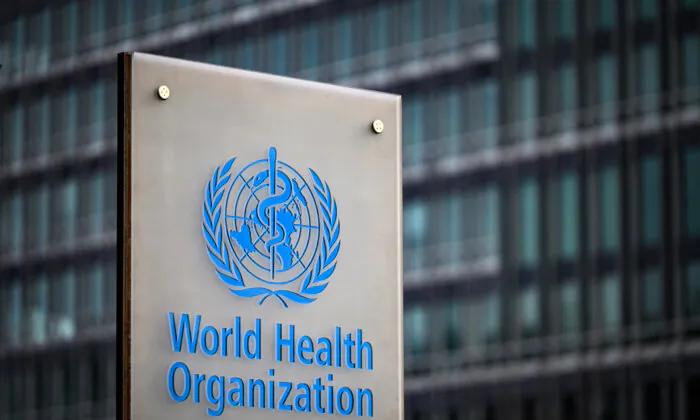The current COVID-19 monovalent vaccine continues to work against new and evolving virus variants, according to a new report from the World Health Organization (WHO) Advisory Technical Board on COVID-19 Vaccine Composition.
The advisory board meets twice a year to discuss the ongoing efficacy of the COVID-19 vaccine and determine whether any changes are needed in the vaccine’s makeup.
The current monovalent vaccine, developed specifically for the omicron XBB.1.5 strain, is effective in protecting people against severe illness and death associated with other virus variants, according to the WHO.
When the organization met in May 2023, it recommended altering the vaccine, inspiring the current one that uses XBB.1.5 as its antigen. XBB.1.5 is a descendent of the monovalent XBB.1 antigen, which targets the omicron variant.
Updates to the vaccine occur as the COVID virus continues to mutate globally, the advisory board noted in its press statement. According to the American Society of Microbiology, the current strain of the virus is so similar to the vaccine version that individuals who receive the vaccine will be protected.
In the United States, updated COVID-19 vaccines created by Pfizer–BioNTech and Moderna were approved by the U.S. Food and Drug Administration (FDA) in mid-September and recommended for use by the U.S. Centers for Disease Control and Prevention (CDC). These changes resulted from the mid-year recommendations made by the WHO advisory board.
Monovalent vs. Bivalent: How They Stand Up to New Variants
The monovalent vaccine differs from the bivalent booster, which became available in Fall 2022. The bivalent vaccine, which targeted the BA.4 and BA.5 omicron strains and the original SARS-CoV-2 strain, used two different antigens to protect individuals against both strains.
The omicron strain, which took hold globally in November 2021, continues to be the most common variant of the COVID virus, accounting for 73 percent of case samples taken before Dec. 2, 2023, the advisory board noted. Other strains, including the newest variant, BA.2.86 and its descendent, JN.1, account for 17 percent of the samples. More than half of those were JN.1.
Both strains produce similar symptoms. XBB.1.5, dubbed the Kraken strain by a Canadian biologist, is more transmissible than previous strains because it binds to human cells more tightly, making it more resistant to the body’s immune system. BA.2.86 began circulating globally in late summer and is the virus’ latest variant. As of Nov. 27, BA.2.86 accounted for 5 percent to 15 percent of COVID variants circulating in the United States. The WHO believes this new variant is not as transmissible as XBB.1.5 or omicron but can produce more intense symptoms.
The advisory board alleged that protection by the bivalent mRNA boosters remained high in vaccine effectiveness studies. This coincides with the CDC’s May 2023 recommendation to utilize bivalent boosters in lieu of monovalent boosters. The CDC recommends the bivalent vaccine for all individuals age 6 and older. The agency notes that alternatives to the mRNA COVID-19 vaccines are available to individuals who cannot receive an mRNA vaccine (due to an allergy, for example).
Despite CDC recommendations for the bivalent booster, the WHO advisory board noted that vaccine effectiveness rates for the new monovalent XBB.1.5 vaccines were limited, as the vaccine was only recently introduced. However, the board expects the effectiveness of the new monovalent vaccine to be higher than that of the bivalent vaccines.
The report remarked on the data’s limitations, acknowledging that a person’s level of immune protection endowed by natural immunity or vaccination is determined by multiple factors. Thus far, data on immune responses prompted by XBB-descendent lineage infection or vaccination with the current monovalent vaccine are limited to neutralizing antibodies, and data on “other aspects of the immune response, including cellular immunity, are limited.”



